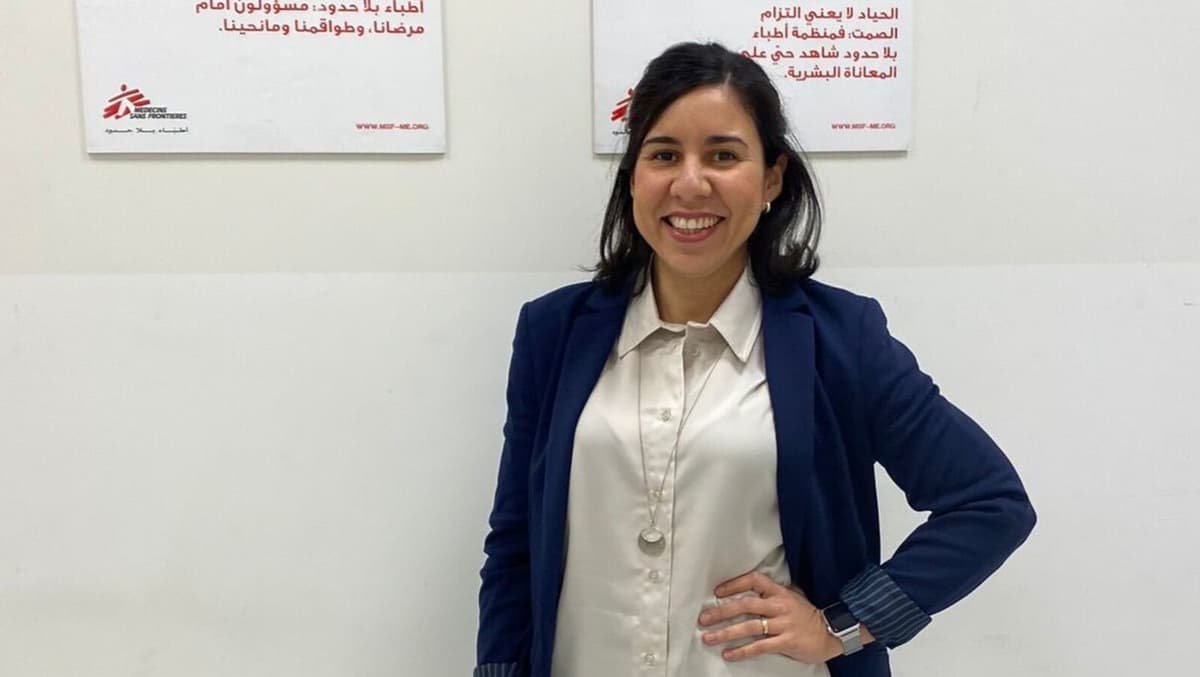Ana Chaurio has been working as responsible for influence issues for Doctors Without Borders (MSF) in Lebanon since December last year. On Monday, she returned to Sweden.
After the recent escalation, with intense Israeli bombing against southern Lebanon but also against Beirut's southern suburbs – where the Shia militia Hezbollah has a strong foothold – the street scene in the capital has changed dramatically, she says.
Israel's military has urged people living in areas near the border to evacuate. In total, around one million of the country's inhabitants have been forced to flee, according to Prime Minister Najib Mikati.
It's families fleeing along the streets and gathering along the water. Many don't know where to go, she says and continues:
Hotels that are located near where I live were fully booked and houses that have been abandoned for a long time were suddenly fully occupied. Everything has changed a lot in a short time.
"It was chaos"
Ana tells that her colleagues and others living in the area are worried about what will happen and that everyone wants to be in an area considered relatively safe.
I've never seen so many customers in the grocery stores, the demand for everything was so high. It was chaos.
Among the people Ana talked to, many are afraid of the future and she believes that more shelters and safe areas are needed for people to be able to live an okay life.
Switched to an emergency operation
Doctors Without Borders' work in Lebanon is now changing from a "normal project" to an emergency operation, which means that different competencies are needed, such as those with experience in trauma surgery.
We have mobile clinics that help where needed. Both with distributing hygiene items and mattresses, but also with psychological support to those who need it, she says.
Up to 3,000 Swedes are estimated to be in Lebanon, according to the Foreign Ministry.
The Foreign Ministry, which has advised against all travel to Lebanon since the end of last year, will not expand its support to Swedes in the country.






